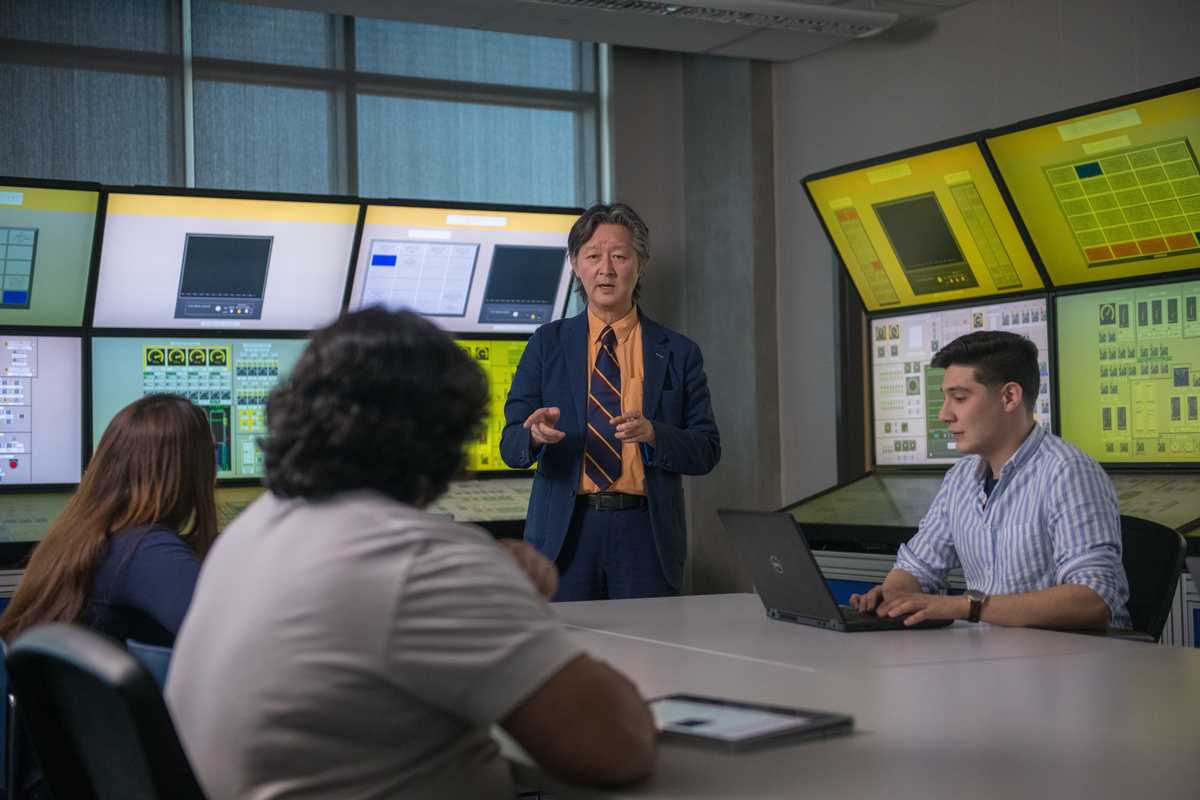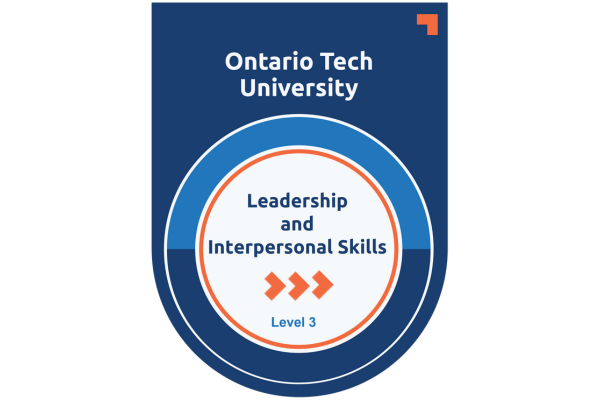
The changing landscape of executive leadership: Why continuous training is essential
By: Sheldon Kawarsky (Continuous Learning Instructor)
The role of executive leadership is evolving rapidly as organizations continue to embrace innovative approaches to the workplace. As HR and employers strive to optimize talent management strategies, they must recognize that successful executives require continuous development to remain current on best practices and emerging trends.
Leadership soft skills training is one of the most effective ways to ensure that admirable executive leaders emerge with skill sets that will benefit both company culture and overall success. In this blog post, we’ll explore why continual career growth is essential for executives and how investing in their long-term professional development will benefit your organization as a whole.
What is executive leadership?
Executive leadership is a crucial element within organizations that involves a team of highly knowledgeable management responsible for making strategic decisions that impact the overall direction of a company.
Executive leaders focus on developing innovative and intelligent methods that will propel their organization to success. These leaders must possess the qualities to gather and interpret complex data and collaborate with other stakeholders to create actionable plans that will translate into improved performance.
They must also possess excellent communication, employee management, and interpersonal skills to articulate their vision and rally the support of their team to achieve their objectives. When management possesses executive leadership skills, organizations can navigate any obstacles that come their way and stay competitive in their respective industries.
How is the landscape of executive leadership changing?
Executive leadership is undergoing a significant transformation that is reshaping the business world.
-
The impact of technological advancements
The emergence of technological advancements is impacting how organizations operate, resulting in a more innovative and dynamic landscape.
-
Globalization and diversity
Globalization and diversity have brought about a wealth of cultural perspectives and unique challenges that require leaders to be adaptable and empathetic.
-
The rise of purpose-driven leadership
Purpose-driven leadership has also risen to prominence, with more executives prioritizing social responsibility alongside profitability.
-
The growing complexity of businesses
As businesses continue to grow in complexity, leaders must increasingly navigate intricate systems and information to make informed decisions.
-
Rising expectations of stakeholders
The rising expectations of stakeholders have meant that executives must remain accountable and transparent in all aspects of their leadership.
Why is continuous training essential for executive leaders?
Below are some reasons why continuous leadership training for new and existing managers is imperative.
-
Adaptation to changing business landscape
Continuous leadership training is essential for executives to ensure they can adapt quickly and effectively to the ever-evolving business landscape. With the rapid pace of technological advancement, global economic shifts, and changing customer demands, executives must be prepared to respond quickly and strategically.
-
Enhanced decision-making
Executive leaders must be equipped with the knowledge and skills necessary to make sound decisions that will positively impact their organization. Through leadership workshops for managers, executives can stay up to date on best practices, and it provides them with the tools needed to analyze data, weigh options, identify risks, and make informed decisions that will drive success.
-
Innovation and creativity
In today’s rapidly changing business environment, innovation is key to staying ahead of the competition. Continuous training can help executive leaders foster an environment of creativity by teaching them how to think outside the box and encouraging them to try new approaches to develop innovative solutions.
-
Globalization and cross-cultural competency
As businesses become increasingly globalized, it is essential for executive leaders to possess cross-cultural competency to effectively lead their teams in multiple countries or regions. Executives need to understand different cultures and learn how best to collaborate with colleagues from diverse backgrounds to maximize performance.
-
Effective communication
Through corporate soft skills training, executive leaders can develop communication strategies tailored towards different audiences and learn how to use various forms of communication such as email, phone calls, video conferencing, etc., depending on the situation at hand. Executive leaders must be able to communicate clearly and concisely internally within their organizations and externally with customers or partners to achieve success.
-
Organizational alignment
When everyone within an organization understands its mission, vision, and values, there tends to be more alignment between departments, leading to increased collaboration, ultimately leading to greater overall success. Through soft skills training, executives can keep everyone focused on the same goal while also helping each person understand their role within the larger picture.
-
Strategic thinking
Strategic thinking is essential for any successful leader as it allows them to see beyond immediate concerns and plan for long-term success. It also enables them to set goals that align with organizational objectives and take into account external factors such as market trends or customer needs.
-
Conflict resolution
Conflict resolution is an essential skill set for any leader, but especially those at an executive level, due to the complexity of conflicts that may arise within an organization or between multiple stakeholders. Leadership soft skills training can be beneficial in helping leaders gain a better understanding of conflict resolution techniques such as active listening, identifying common ground, brainstorming solutions, etc.
-
Employee engagement & retention
A key responsibility of any executive leader is ensuring their employees feel engaged and motivated so they can perform at their highest level possible. This engagement ultimately leads to increased productivity and profitability for the organization overall. Having strong interpersonal skills helps drive employee engagement and create an atmosphere where employees feel valued, appreciated, and empowered.
-
Measurable ROI
Executives need tangible evidence that investments made in continuous training will result in measurable returns over time. Through leadership training for managers, executives can learn how to measure progress against set goals through metrics such as cost savings, increased efficiency, or improved customer satisfaction.
-
Competitive advantage
By staying current on industry trends through continuous learning, executive leaders give their organizations a competitive advantage over those not investing in ongoing education. This knowledge allows them to anticipate changes before they happen, which puts their organization ahead of others who may not have access to this information.
Exploring the benefits of Continuous Learning
The Post-Graduate Certificate in Advanced Leadership and Management offered by Continuous Learning provides a comprehensive understanding of leadership and management, blending essential and advanced competencies. This program includes ten courses, covering topics like Leadership and Management Essentials and Strategic and Innovative Leadership. These courses are designed to enhance your leadership skills by addressing both fundamental and strategic aspects of management. Earning the Post-Graduate Certificate can transform your career, preparing you for executive-level positions such as CEO, COO, or CTO.
Kawarsky, Sheldon. “The Changing Landscape Of Executive Leadership: Why Continuous Training Is Essential”, The Soft Skills Group, 16 Nov. 2023,https://www.tssg.ca/changing-landscape-of-executive-leadership/









